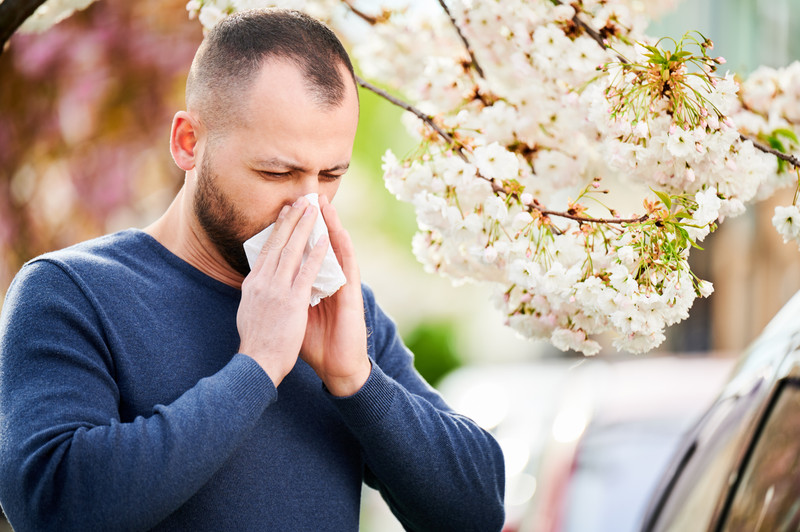Spring is upon us, and the rise of seasonal allergy symptoms has arrived along with it. In this article, we take a quick look at the ramifications of spring allergies and then discuss five of the best supplement products to mitigate spring allergy symptoms.
Causes and Symptoms of Spring Allergies
Spring allergies are an extremely common occurrence in the USA. Also called hay fever or allergic rhinitis, spring allergies affect around 80 million children and adults in America on a yearly basis. The primary cause of spring allergies is the environmental presence of pollen, released by trees, grasses, and weeds.
Plant pollen is naturally released for the purpose of fertilization. However, pollen initiates a reaction in the immune system of many people when it is inhaled, leading to the release of histamines into the blood, which causes symptoms. Hay fever symptoms include nasal congestion, runny nose, sneezing, teary eyes, and itchiness in the eyes, nose, throat, and mouth.
If you have a history of spring allergies, you can reduce your propensity to experience symptoms by reducing your exposure to them (e.g., spending more time indoors, avoid lawn mowing), keeping your indoor air clean by using a dehumidifier, and changing your clothes soon after being outside for a while.
Supplements for Spring Allergies
Some herbs and vitamins have properties that can help the body avoid, and/or reduce, the experience of spring allergy symptoms. Here are five of the most recommended supplements for mitigating the agitating symptoms of hay fever:
Vitamin C is one of the most recommended vitamins for addressing spring allergy symptoms. Technically known as ascorbic acid, vitamin C is helpful because it is a potent antioxidant and supports the immune system. Studies show that taking vitamin C consistently over a period of weeks improves allergy symptoms that might include runny nose, sneezing, and congestion. It is especially helpful for this purpose when taken in tandem with practicing physical exercise. Supplementing with this vitamin is important because the body does not naturally produce vitamin C.
Curcumin is the active ingredient in the herb turmeric. Turmeric supplementation is known for the benefit of reducing bodily inflammation (which can help with arthritis and other forms of disease), and evidence suggests it can also help with hay fever. Studies show that taking a turmeric supplement for two months can reduce sneezing and other seasonal allergy symptoms. For this reason, turmeric/curcumin is a great supplement to take before and during springtime.
Quercetin is a flavonoid found in many plant-based foods with antioxidant properties. Research from 2020 suggests that this flavonoid can have antihistamine and anti-allergen properties. While quercetin is present in some plant-based foods and herbs, a quercetin supplement is an ideal way to take in quercetin because it is in a much higher concentration than in foods and other herbs.
Butterbur extract is a plant-derived supplement that has been studied and found to help decrease histamine levels. For this reason, a butterbur extract supplement is recommended to help reduce spring allergy symptoms.
Zinc is a natural mineral known for its benefits to the immune system. Zinc has been studied and found to reduce inflammation in those with seasonal allergies. Furthermore, a strong correlation exists between zinc deficiency and increased seasonal allergy antibodies, and seasonal allergy symptoms. For these reasons, zinc is an ideal mineral to take to mitigate hay fever symptoms.
If you are likely to experience seasonal spring allergies, then consider all five of these supplements for their potential to prevent and/or mitigate symptoms. It is recommended that you always talk to your healthcare provider before taking any supplement for the first time.

